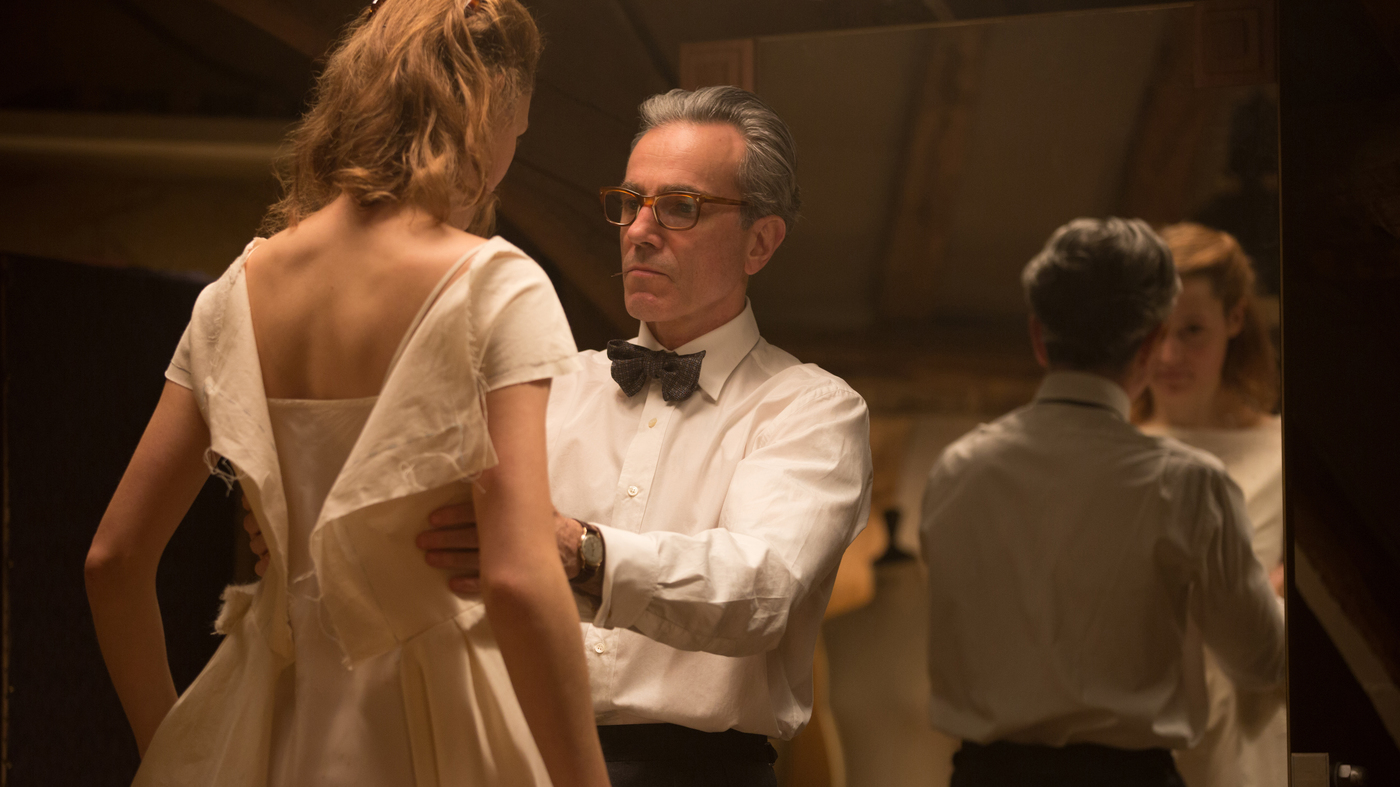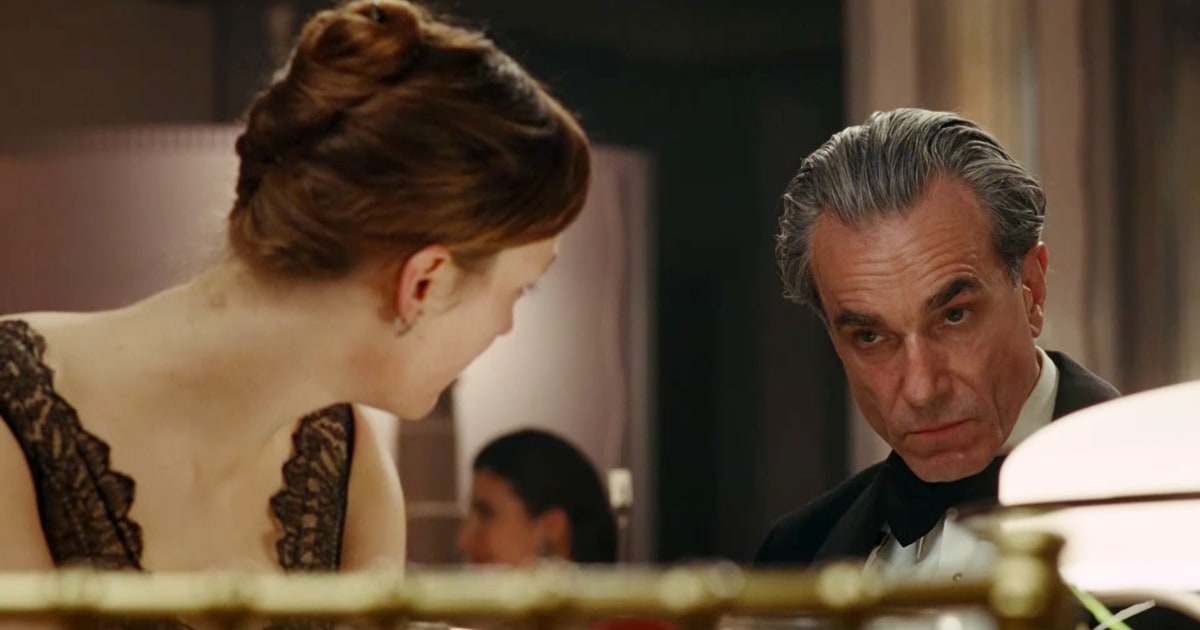Review: Day-Lewis and P.T. Anderson Reunite for Another Classic in 'Phantom Thread'
This review was originally published on UW Film Club, but has since been reuploaded here with the author’s permission
—
Phantom Thread is in every sense an exacting film. Everything from the aesthetic to the performances is carried out with such precision that it is hard not to be impressed with what writer/director (and cinematographer) Paul Thomas Anderson has crafted. It is an unconventional love story that pursues the “it has to be perfect” idea that all artists strive for, but never has the precision of the filmmaking process so perfectly aligned itself with the themes and characters of the film. In its own way, Phantom Thread is a demanding film of itself, and because of it, the audience is treated to one of the most intricate works of 2017.
Phantom Thread follows Reynolds Woodcock (Daniel Day-Lewis), a famous dressmaker in 1950s London who is rigorously precise and committed to his work. While on a day trip seeking inspiration, he successfully finds his new muse (and companion) in a shy waitress named Alma (Vickey Krieps). Together, a romantic relationship blossoms that eventually disrupts Reynold’s work, and as he pushes her away because of it, Alma finds ways to bring herself back into his life and change the power disparity between them, creating the film’s central attraction of a toxic relationship, the power dichotomy between them, and the dependence on each other in the face of it all.
One of the most attractive aspects of this film is Daniel Day-Lewis’s performance. Claimed as his final role before retirement, Day-Lewis gives an amazing tour de force performance as Reynolds that runs the spectrum of demanding and in control to flustered and vulnerable. He encapsulates a man that is so incredibly dedicated to his work, its mastery, and the incessant need to maintain control while showcasing the fragility of such a commanding figure. It’s quite the sight seeing an actor put everything he has left into his ‘final role’, and though I’m fairly certain we haven’t seen the last of Day-Lewis, he is certainly leaving on a high note.
It is interesting to look at this film as a reflective work for Anderson. The film’s official synopsis describes the film as an “illuminating portrait both of an artist on a creative journey, and the women who keep his world running” which makes you wonder how much of Anderson’s personal attributes are embodied in Reynolds and his wife Maya Rudolph’s in Alma. It seems to me that the film is very much a personal work that puts into words what their relationship is and how Anderson, as an artist, taxes his relationship through his creative methods. I’m not going to sit here and act like I know anything about their marriage, but the film certainly has something to say about the artist’s sacrifice and the conditions of living with one.
The aesthetic of this film should certainly be noted too. Shot beautifully on 70mm, the film’s visual quality comes alive with a close attention to detail and precision that matches that of Reynold’s. Anderson’s mastery behind the camera is a kind of artistry that compliments what we’re supposed to feel in the film, and it really shows that Anderson is an auteur if there ever was one. Supporting this is a fantastic score by Johnny Greenwood; the music is so pronounced when events on the scene come to a head and subdued during intimate moments with tons of strings and an all too catchy piano melody (just listen to House of Woodcock and be amazed).
Phantom Thread is another great film from Paul Thomas Anderson that has all the depth you would come to expect. The latest offering is a more personal perspective of the artist itself, wrapped in a romance story that takes surprising turns and forces you to look at individual relationships as they are tested. With something so immaculate it is hard to appreciate it all in one sitting let alone so immediately after, but it goes without saying that the film lends itself to a certain sophistication that is beautifully auteurist.



